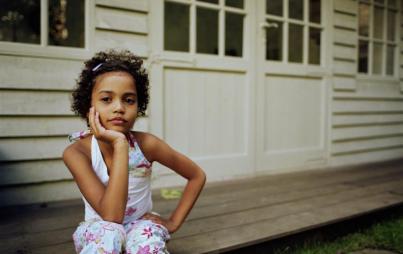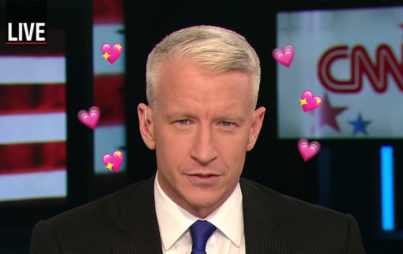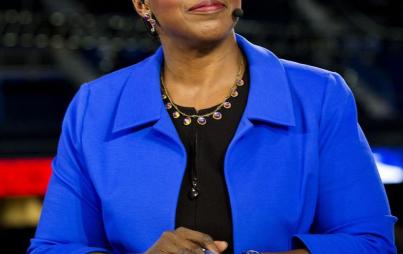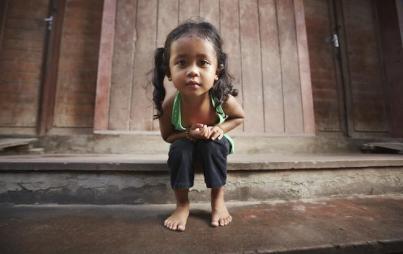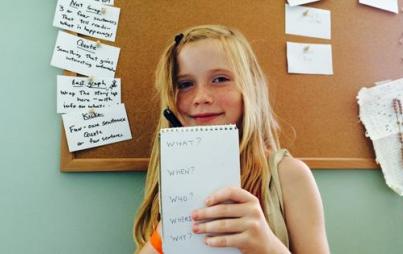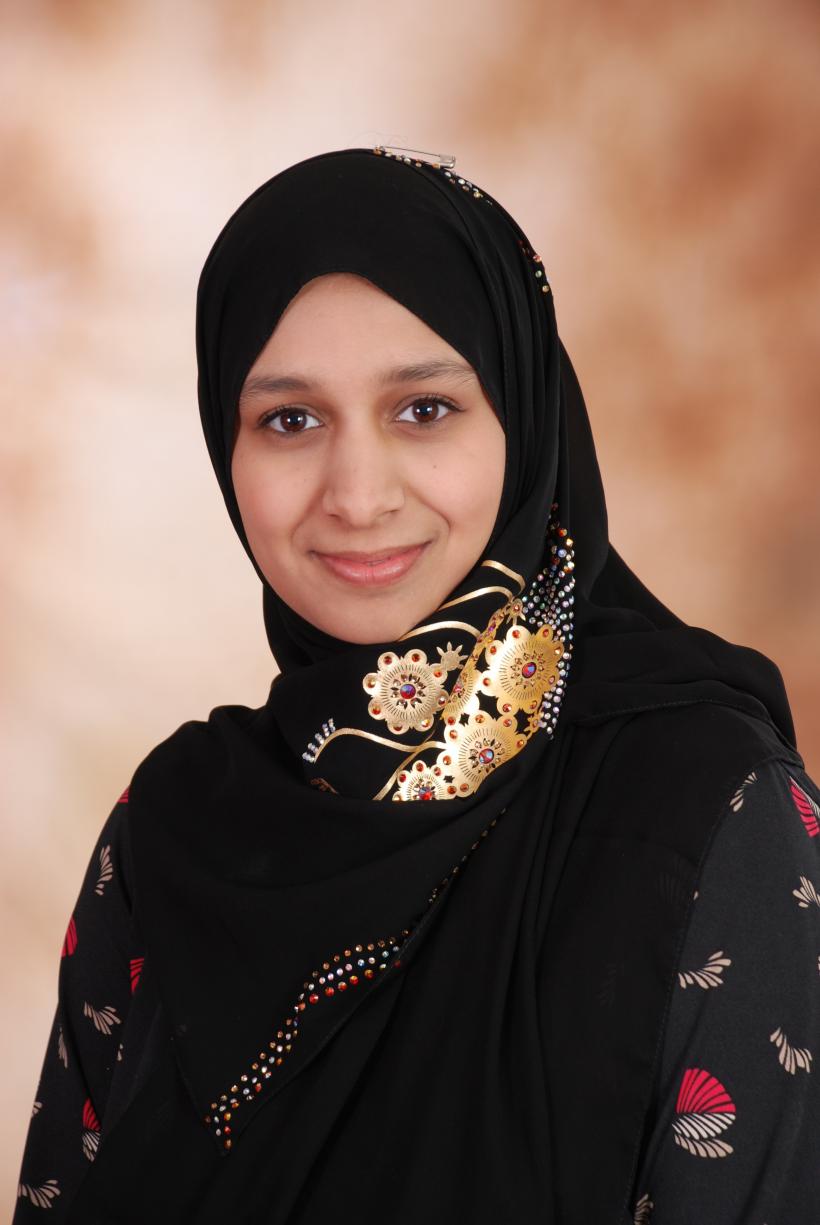
Tasnim Nazeer's stories on international issues, human rights, and Islam are something every piece of journalism should aspire to be: unflinchingly honest. As a UN Universal Federation Ambassador for Peace, Nazeer aims to shed light on issues of injustice that impede global progress. Her stories, which often touch on human suffering and interfaith understanding, are more than static pieces of content; they are vehicles for change.
A recipient of the Muslim News Award for Excellence in Media 2013, Nazeer has written for CNN International, The Huffington Post, The Muslim News, Your Middle East, and Islam Channel, among others. Here, the dedicated mother, journalist, author, and poet discusses her views on diversity, Islamophobia, and the rewards of writing.
What inspired you to become a journalist?
I have always enjoyed writing from an early age, and this love of writing spurred me to eventually study journalism at a university. I had been writing articles since the age of 15, and did my first human rights feature for an international Sri Lankan newspaper on the tsunami. I went to Sri Lanka personally to visit the victims of the tsunami who had still not received aid and were inflicted with hardship.
It was both an emotional and rewarding experience that motivated me to continue until this day. I am currently a full-time mother of four lively little ones, a journalist, and an author, and I continue to write predominantly on the topics of human rights, Islam, and world news.
Which pieces of journalism that you've been involved with are you most proud of?
The most memorable journalism that I have been involved with has to be the feature I did for Huffington Post on a five-star Michelin chef who gave up his job to feed the poor in his hometown of Madurai, India. I always find any human rights story that I cover a rewarding and moving experience, as there are many injustices in the world today that need to be given a voice so we can eradicate the bad and promote peace.
You are a UN Universal Peace Federation Ambassador. What do you find most satisfying about your work?
I was given the award by a member of the Universal Peace Federation who had been following my articles and work for a long time, as I always try to share my views on matters relating to human rights issues in the Middle East and worldwide. As an Ambassador for Peace, I would hope that my work promotes interfaith understanding and helps to diminish myths and stereotypes surrounding Muslims.
How does diversity within the organization help achieve UN goals?
I think diversity is extremely important to express a vast range of views and opinions with the hope that there will be a positive change. Every ambassador strives for peace as the ultimate goal, and I think that having ambassadors from around the globe helps to shape a wide range of voices.
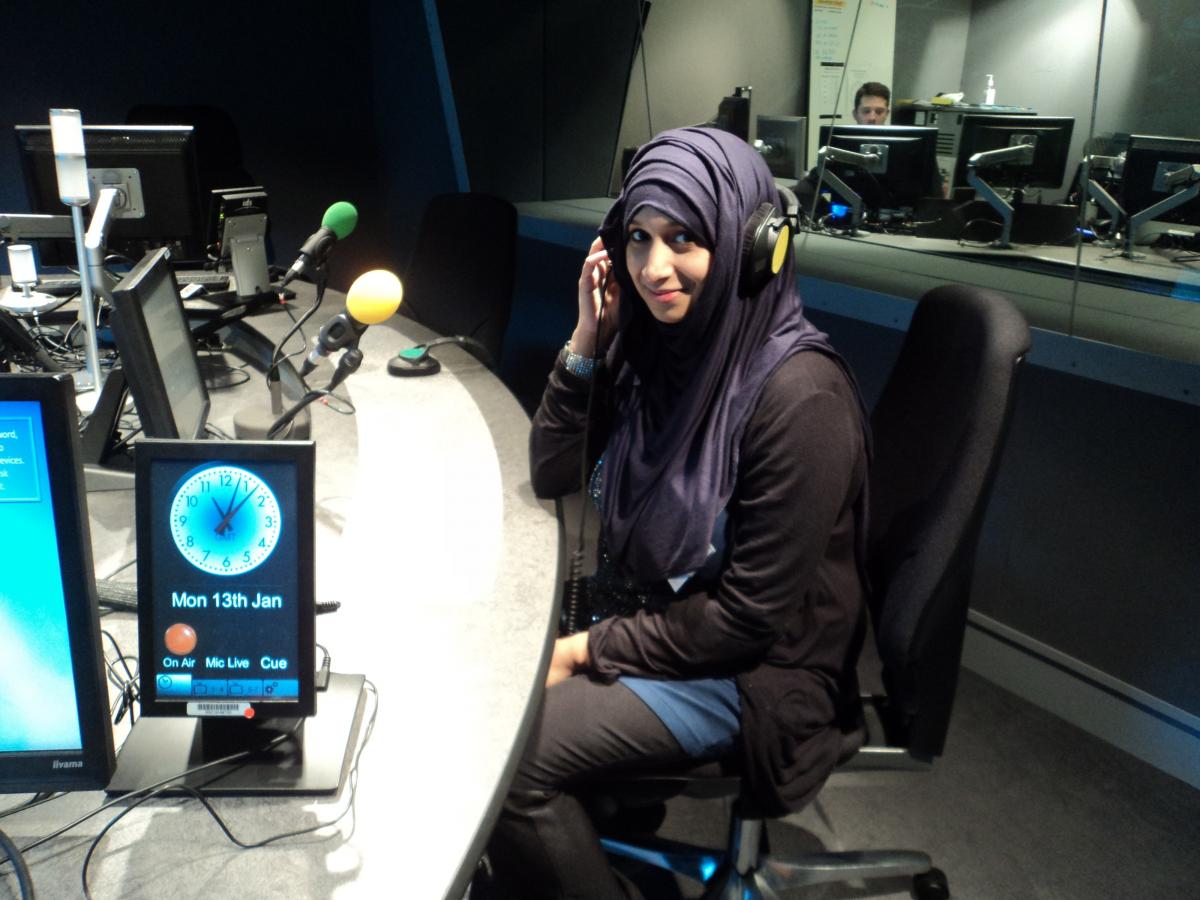
You've written extensively about Islam and the Middle East. In the wake of recent events, how do you think better interfaith understanding can be achieved?
I think there needs to be more interfaith events to invite people from different religions to come together and be united and learn about one another's beliefs. I truly believe that if we all come together and take a united front we can achieve great things in the future and ensure stability in many countries around the world.
You recently wrote a piece for Huffington Post called "Why Are Muslims Being Asked to Apologise for the Paris Attacks?" Why did you decide to write this piece? What was your argument—and why do you think it's an important one to make?
I chose to write this piece because unfortunately there are still many people who demand that peaceful Muslims apologize for the wrongdoings of others. I strongly condemn the Paris attacks, but I do not believe that the terrorists could even be called Muslims as they are not acting according to the tenets of Islam. I feel disappointed that whenever there is a terrorist attack, the word "Islamic" is used to describe terrorists when they are doing nothing Islamic. There have been terrorists from various different backgrounds and faiths, but we never ever hear their religions being brought up to describe what they are doing. There needs to be a level of accountability, as Islamophobia is rising due to the representations of Muslims in the media. The mainstream media hardly pay attention to the good work that many Muslims are doing around the world, and there needs to be balanced reporting in order to combat this issue. In addition, we are at a stage when we need more interfaith understanding so that people can ask the questions they want and dispel myths rather than living with an assumption about the religion.
Your book Allah's Gifts aims to teach children "Islamic morals and appreciation of non-materialistic gifts of the world." Why did you decide to write this book, and specifically for a younger audience?
I think that we live in a very commercialized and materialistic world and there needs to be stories available that teach children that the little blessings in life are also special. As a mother I know that children enjoy material gifts and I believe that it's great to give your child a gift, too. However, we can also teach our children that there are other gifts in the world that can make us happy.
What have your experiences as a Muslim woman in the writing community been like? Have you faced discrimination, either from those within the community or readers? And how have you responded to this?
I have had a lot of support from my husband, family, and the Muslim community in terms of my writing. I know that with many writers this may not always be the case, but I am so glad that I have a supportive group of people that encourage me to write and keep writing!


